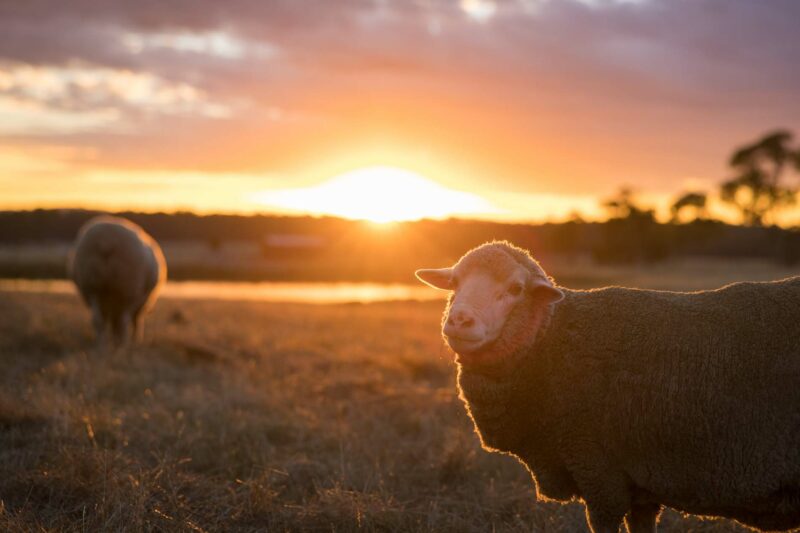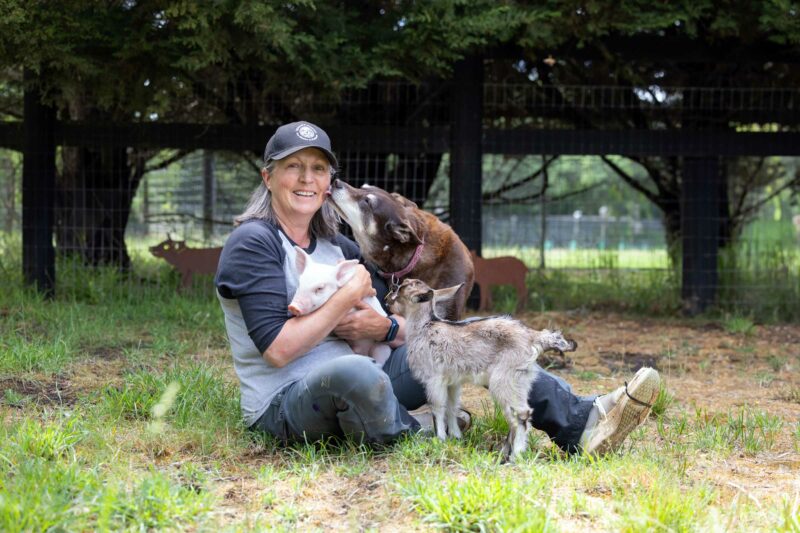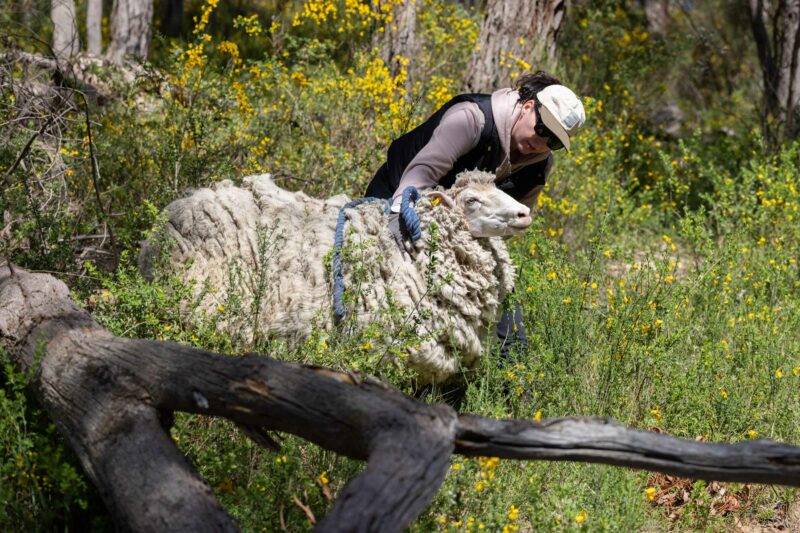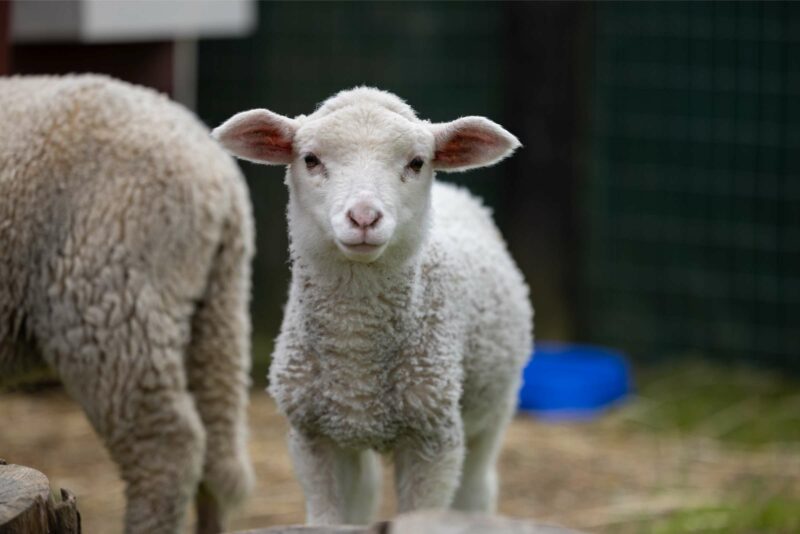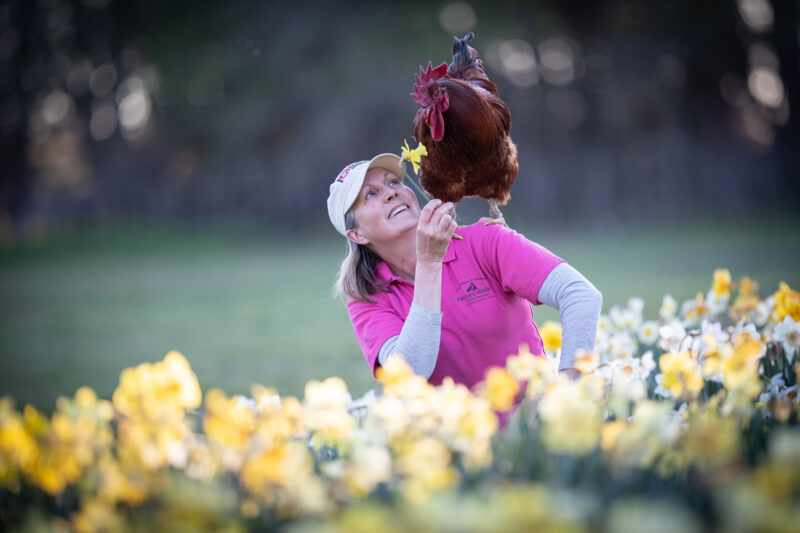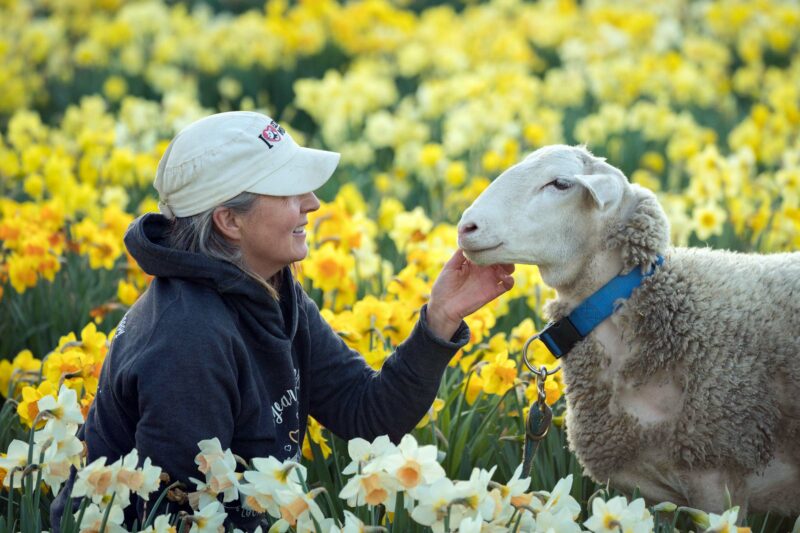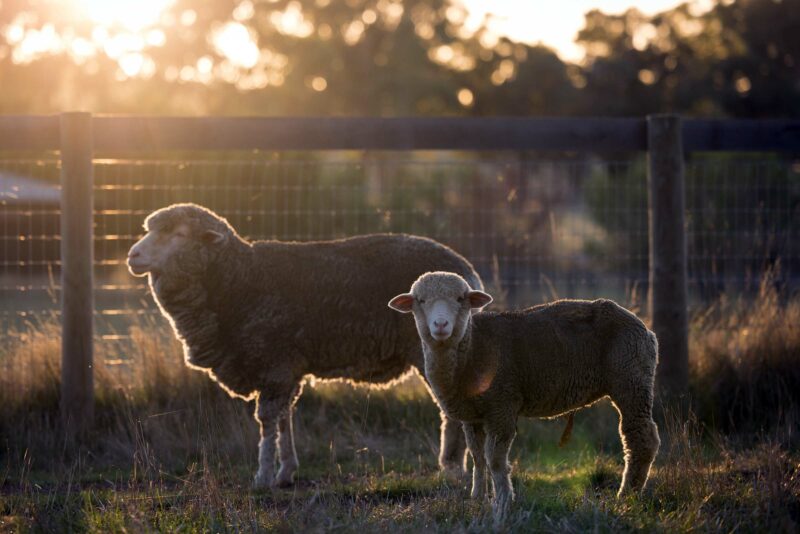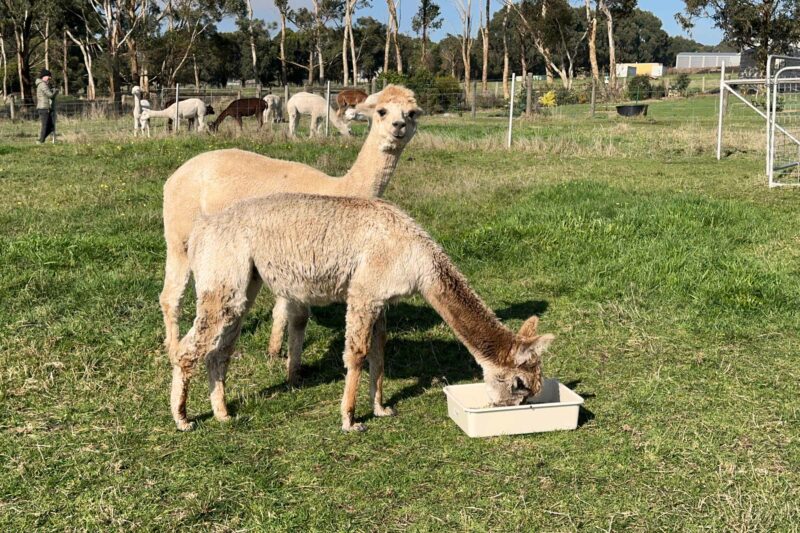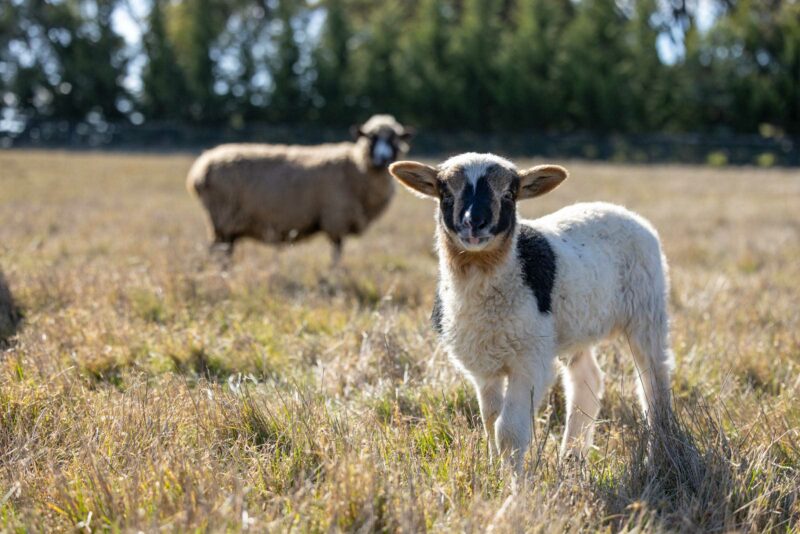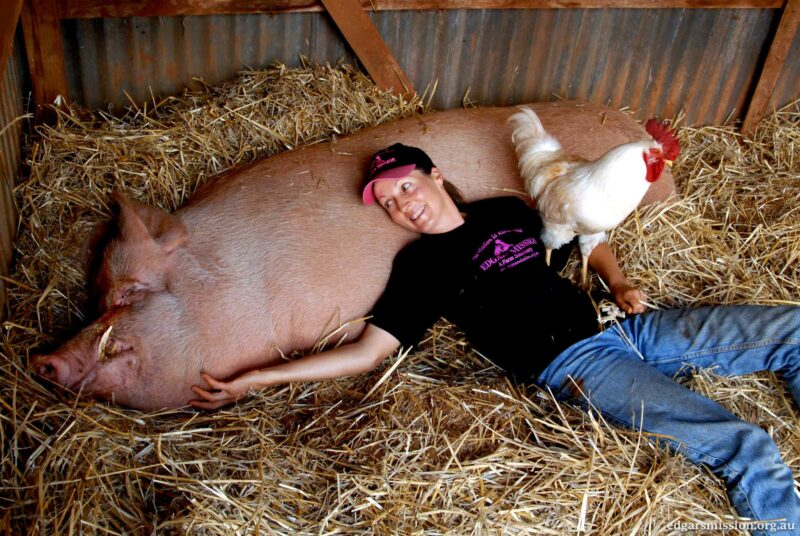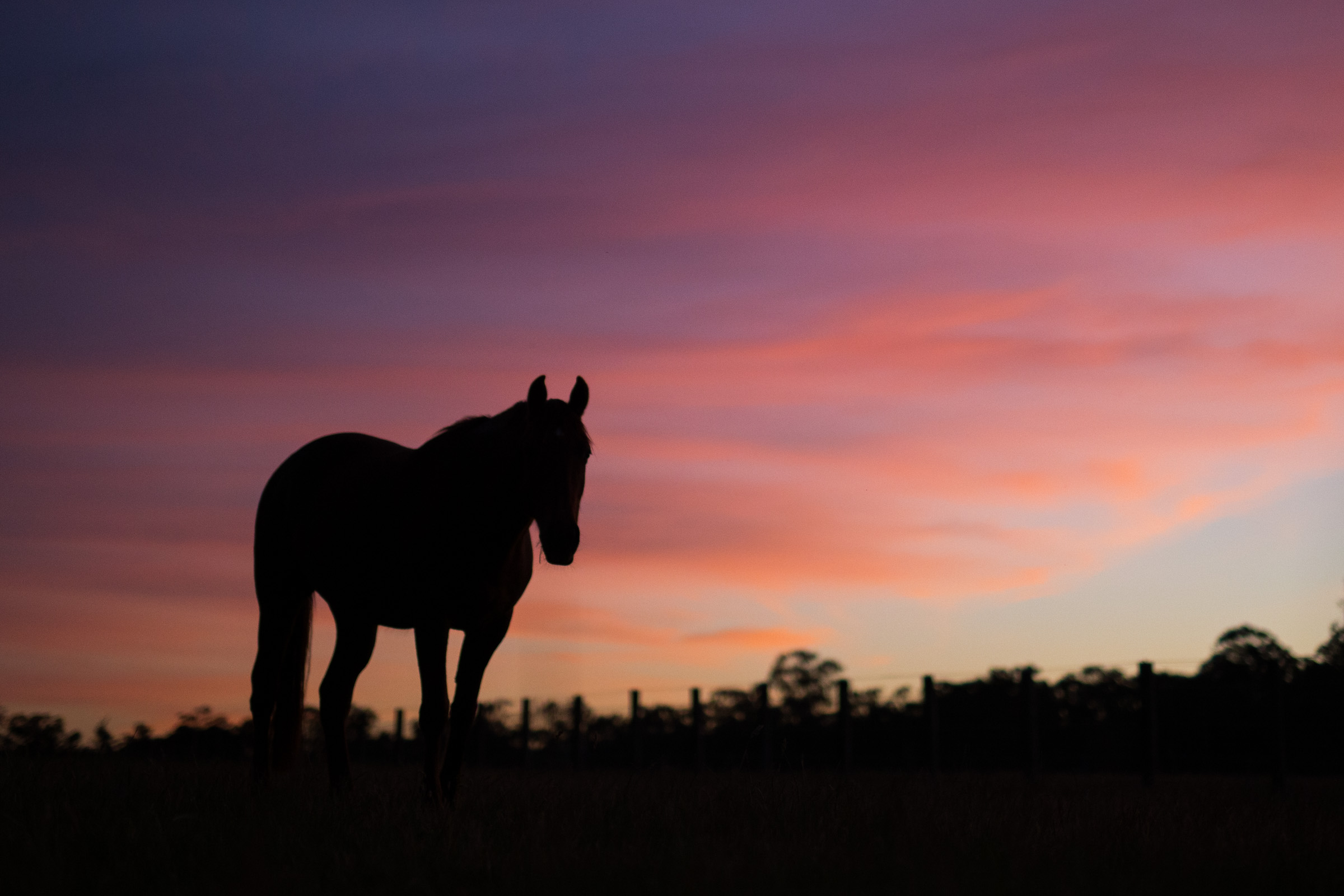
Mirrors
I recently had the good fortune to take a friend’s advice and go and see their recommended “you’ll love this must see movie Pam!” For someone who hadn’t been to the pictures for, well, um I’m not sure how long, oh yes that’s right, 2006, I welcomed the chance to just sit for more than a minute. And how could I forget that world premiere event Charlotte’s Web where Burpy (better known to the world as Wilbur) trotted down the red carpet in the arms of Dakota Fanning, stopping off for photographs, cuddles and a well concealed pee!!
While Charlotte’s Web caused many to rethink their relationship with pigs, Buck, the movie would cause many to rethink not only their relationship with another animal, namely horses, it would moreover cause many to look a little deeper into their own soul.
Buck was the real life tale of Buck Brannaman described as a true American cowboy and hero. He travels the world in what he describes as helping horses with people problems and he has had phenomenal success in doing so. As someone who became enchanted by this most noble of beasts the first time I saw one I am truly grateful people such as Buck exist. While Buck’s statement
is very telling, I feel it more broadly applies to our relationship with all the entire animal kingdom.
The movie poignantly moved through some of Buck’s life, from his Dickensian childhood where his brutal, domineering and demanding father forced him and his brother to perform rope tricks, to the ‘horse whisperer’ who champions a better deal for horses. With Buck being one of the inspirations for the movie, The Horse Whisperer which earned him the respect of Hollywood actor Robert Redford.
One of Buck’s messages in the movie, although simplistic in words so often proves difficult in deed – the need for us to put our emotions, moods and personal goals behind when we engage with a prey species who relies on us for just about everything. We are responsible for how they live, what they do, what they eat and even how and when they die. Buck’s message that animals are not meant to be slaves resonated beautifully with me, and that empathy was the key to a successful relationship with an animal whose life we had so altered from their wild ancestors.
Buck is quick to point out the anomaly in using the term natural horsemanship, as he explains there isn’t really anything natural about taking a prey animal, strapping the skin of another dead prey animal to its back then a predator jumping on their back as well. Riding a horse involves the greatest degree of trust, and the success of doing this should be based on empathy and kindness, not threats and punishment. Sadly though, the later has become the hallmark for much of our relationship with equines.
I gave credit to the producers of the film and real life individuals for including the raw emotions and the telling tales people experienced on their journey with Buck. For me, the most haunting memory was of the lady who had bred several horses and had kept around 18 stallions. From her Pollyanna world she clearly was way out of her depth and failing them badly with one young colt paying the ultimate price. Buck pulled no punches when he relayed that the horse was now a victim of her actions and that she had created an unpredictable time-bomb monster which she was not able to handle and she could well have ended up getting killed. While many will condemn what followed, and I too moved uncomfortably in my seat, it is worth considering that it is easy for us to tout the high moral ground when few would be in a position to accommodate what this woman had created. So what do we do in these most difficult situations? I have no doubt Buck could have worked with this horse and achieved a good outcome, investing countless hours, days and even months at the expense of all his other commitments, but where do we draw the line and should he be the one to bear the brunt of the failings of others? These are indeed the most difficult questions, and the answer far simpler if we were talking about a car that had been driven into the ground and simply needed a new motor, but we are not.
At that heart stopping moment it was difficult not to reflect on the many calls I have had from individuals over the years who too have failed animals so badly, with the caller wishing to pass on the legacy of their actions to Edgar’s Mission, oft times with the words “I don’t care if you have XXX put to sleep so long as I don’t have to do it”. For this reason it is no accident that the very first quote we have on the kindness trail comes from Antoine de Saint-Exupery and reads
I truly believe we humans can have wonderful, rich, and mutually beneficial relationships with animals. Even as a write this piece, my little dog ET, sits by my side, when I leave the room for a minute, he trots right there along with me for no other reason than he likes to ‘hang’ with a ‘me’, the human. We can share our lives with animals and do this with honour and dignity, albeit we are not going too good on that score so far, but we can do better, a lot better and we should. Not only for them but for us, to be the best we can.
Buck was not a movie solely for horse lovers, it’s message casts a far bigger net and the greatest message that I hope people take from seeing the movie and even visiting Edgar’s Mission, is that whether it is a horse, cat, dog or cow, that comes into our life, this is not complete without our responsibility for and duty to that animal. Not just for food and shelter, medication and grooming, and a life worth living but education on boundaries and making good decisions for them. Animals are not motor cars we can repair, or library books we can return, nor are they surrogate children, they are unique individuals shaped by their own biology, evolution and experience and how we treat them is indeed a mirror to our soul.
